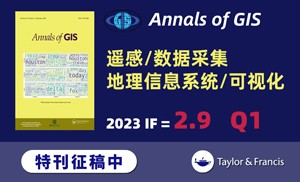Journal of Financial Economic Policy ( IF 1.3 ) Pub Date : 2021-07-29 , DOI: 10.1108/jfep-06-2021-0149 Richard Cebula 1 , Fabrizio Rossi 2
Purpose
This study mathematically aims to evaluate the implications of a central bank’s adoption of a policy of quantitative easing (QE)/relative QE.
Design/methodology/approach
It is shown, within an investment-savings (IS)-liquidity preference-money supply (LM) framework, that this policy prerogative has, depending upon the aggressiveness which QE is undertaken, demonstrable implications for the conditions under which macroeconomic stability exists.
Findings
Furthermore, it is shown here that the presence of QE increases the effectiveness of traditional discretionary monetary and fiscal policies.
Originality/value
The study shows, within an IS-LM framework, that this policy prerogative has, depending upon the aggressiveness which QE is undertaken, demonstrable implications for the conditions under which macroeconomic stability exists.
中文翻译:

量化宽松、宏观经济稳定和经济政策有效性
目的
本研究在数学上旨在评估中央银行采用量化宽松 (QE)/相对 QE 政策的影响。
设计/方法/方法
研究表明,在投资-储蓄 (IS)-流动性偏好-货币供应 (LM) 框架内,根据量化宽松政策的积极程度,这种政策特权对宏观经济稳定存在的条件具有明显的影响。
发现
此外,这里表明,量化宽松的存在提高了传统可自由支配的货币和财政政策的有效性。
原创性/价值
研究表明,在 IS-LM 框架内,这种政策特权取决于采取量化宽松政策的积极程度,对宏观经济稳定存在的条件具有明显的影响。









































 京公网安备 11010802027423号
京公网安备 11010802027423号